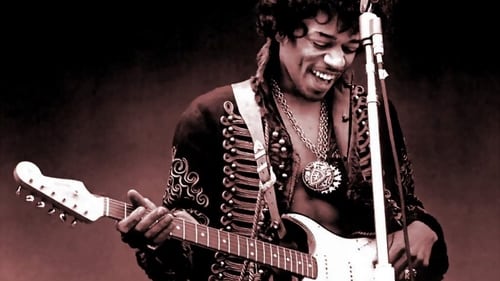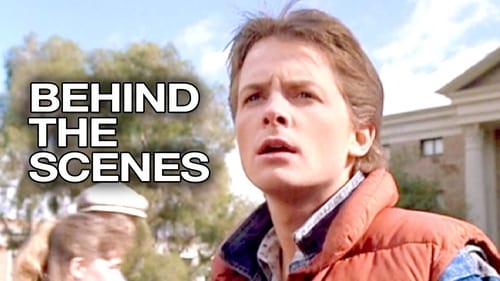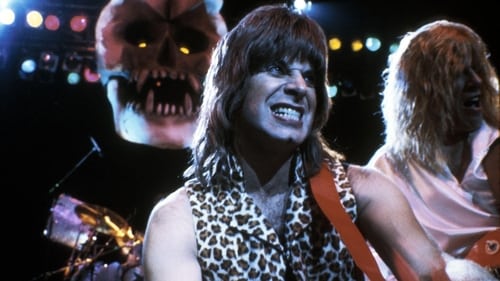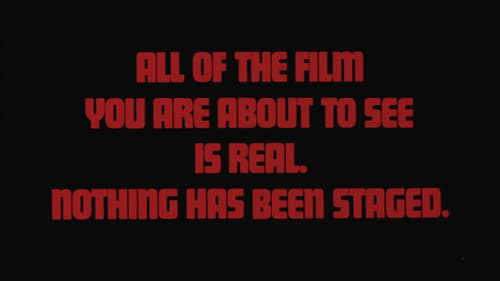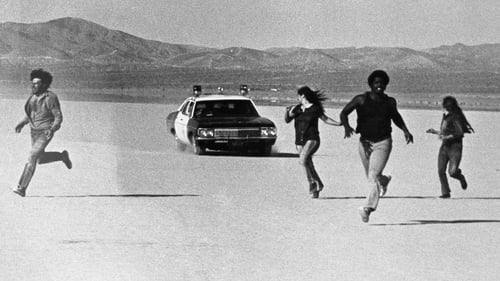Peter Smokler
出生 : , Detroit, Michigan, USA
略歴
Peter Smokler is an American cinematographer. Born in Detroit, he's best known for his work on television shows such as It's Always Sunny in Philadelphia (2005-) and The Larry Sanders Show (1992-1998). He's also known for being the director of photography on Rob Reiner's cult film This Is Spinal Tap (1982).
